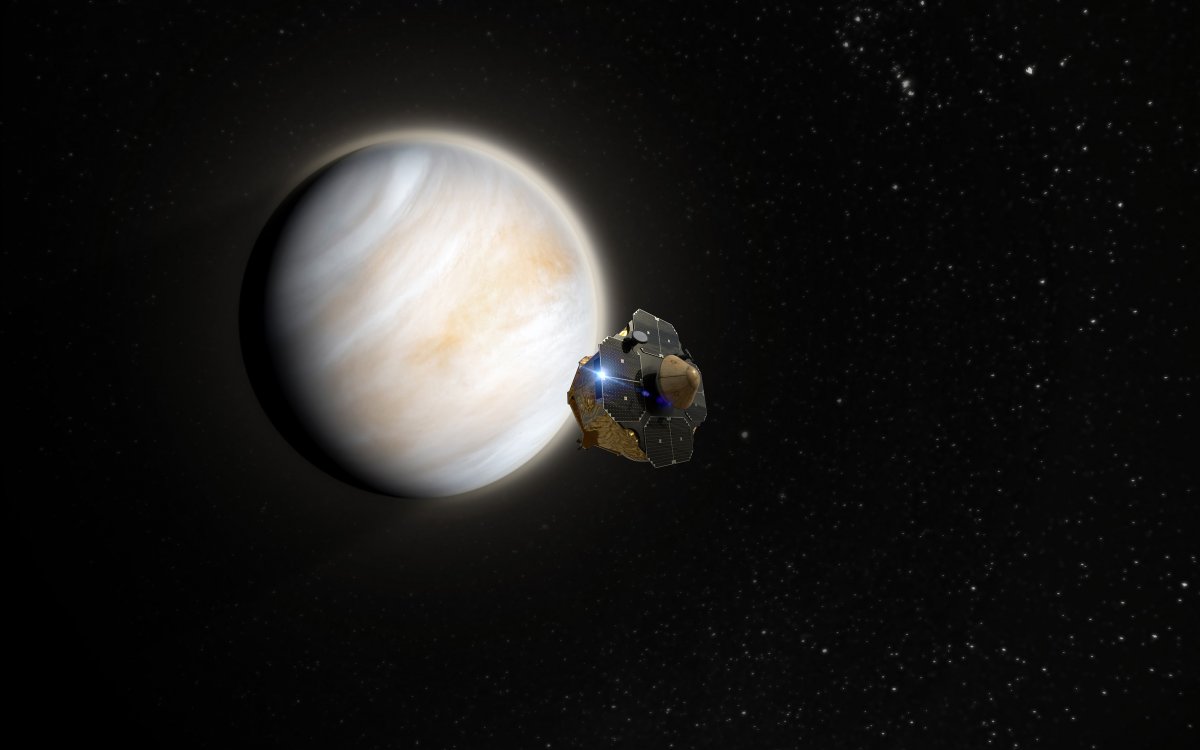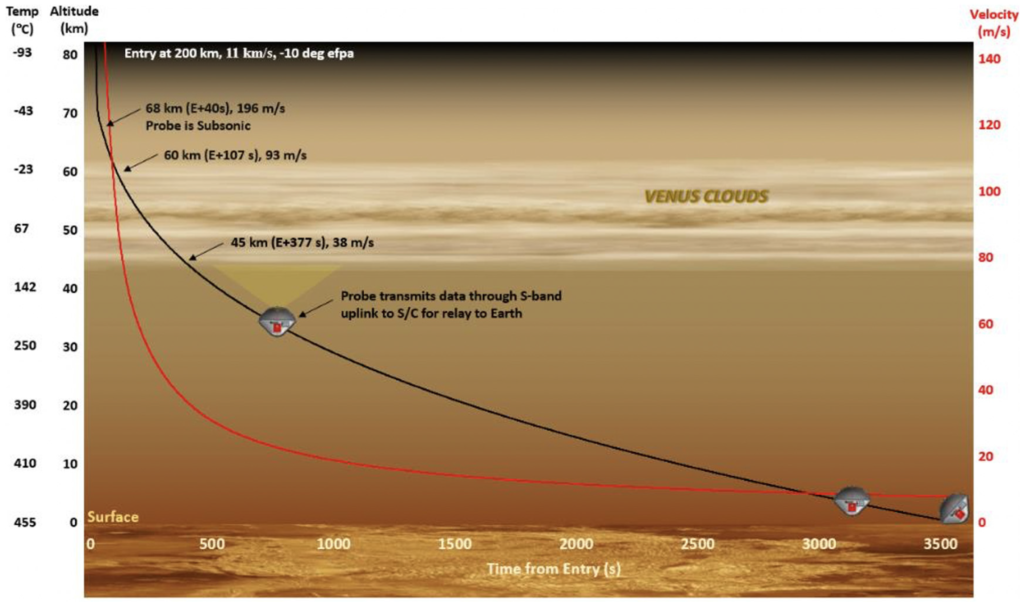Rocket Lab announced a new launch date for the Venus Life Finder mission. It is scheduled for December 30, 2024.
New launch date for the private mission to Venus
Rocket Lab first announced its intention to send the first private mission to Venus in 2020. Its purpose will be astrobiological research. An automatic scout will study the upper layers of Venus’ atmosphere to search for signs indicating the possibility of the existence of colonies of microorganisms in them.

The Venus Life Finder project is implemented by Rocket Lab in collaboration with the Massachusetts Institute of Technology and is funded by private funds. Initially, the launch was planned for May 2023, but then it was postponed due to the need to solve more priority tasks. According to the head of Rocket Lab Peter Beck, the mission to Venus is a project that is carried out by the company at night and on weekends. It is constantly pushed into the background, but engineers continue to work on it.
As a confirmation that the company had not forgotten about its intention, Rocket Lab recently announced a new launch date for Venus Life Finder. It is scheduled for December 30, 2024. It is also reported that during the preparation of the mission, the experience gained during the launch of the CAPSTONE satellite will be used. It was sent to the Moon by the Electron rocket in July 2022.
Venus Life Finder flight plan
The Venus Life Finder mission plan looks like the following: the Electron rocket will launch the Photon platform with a Venus probe into low Earth orbit. Next, it will perform a series of course corrections, during which it will gradually increase its apogee. Then Photon will perform the final maneuver, which will direct it along the flight path to the Moon. The platform will use the gravity of the moon of our planet to leave the vicinity of Earth and head to Venus. If the launch really takes place on December 30, 2024, then the meeting with the second planet from the Sun will take place on May 13, 2025.

On approach to Venus, an automatic probe will separate from Photon. It is a 40-centimeter capsule with a total weight of 20 kg. Inside it will be located one scientific instrument (autofluorescence nephelometer), designed to conduct chemical analysis of the atmosphere of Venus and search for traces of organic substances in it.
The probe will collect data for about five minutes, passing through clouds in the upper atmosphere of the planet. For the next 20 minutes, the spacecraft will transmit the collected data before reaching an altitude of about 22 km, where the atmospheric pressure is 20 atmospheres. This is the limit for which its construction is designed. At about the same time, the internal temperature of the lander will reach the maximum values that its electronics can withstand.
Rocket Lab emphasizes that, firstly, the Venus Life Finder mission is a demonstration designed to show that interplanetary research can be carried out for much less than it costs state space agencies. The company does not have plans for larger-scale flights to other planets yet.
According to https://spacenews.com
Follow us on Twitter to get the most interesting space news in time
https://twitter.com/ust_magazine
